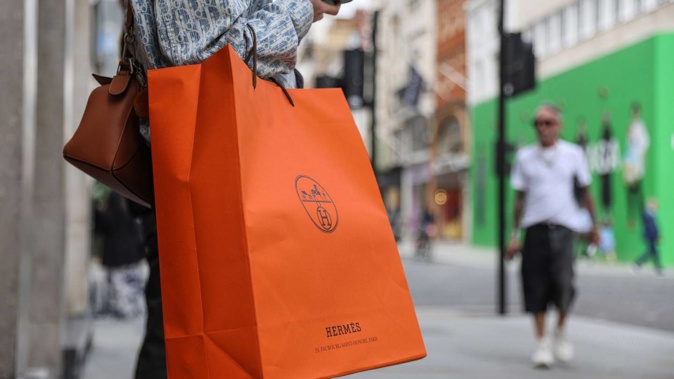
Young adults are more likely to have problems meeting payments and be living pay cheque to pay cheque than the population as a whole, research by ASB has revealed.
And a lack of savings to fall back on is being blamed.
Adam Boyd, ASB executive general manager personal banking, said on the one hand it was not surprising given young people had a lack of life experience when it came to budgeting.
"But interestingly they were excellent savers through the lockdown period. Maybe that's because there wasn't as much for them to be doing. They demonstrated they know how to save."
But that appears to be falling by the wayside now they are able to get out and spend more.
The bank's analysis of the spending and savings habit of 42,000 18 to 24-year-olds found 34 per cent were more likely to have payment problems than the national average and 19 per cent were more likely to be living pay day to pay day.
More than half (53 per cent) had less than $1000 in savings available to them compared to 41 per cent of all New Zealanders and 30 per cent never had enough money saved to cover a month's worth of expenses.
Boyd said it was not seeing young people run into financial difficulty yet.
"What this research underpins is that when they do start to run into those challenges it is going to be more difficult for them to cope.
"Simple things like not having $1000 available and not being able to cover a month's worth of expenses if they do get sick or lose their job.
"It is likely they are going to run into difficulty earlier than some other age groups."
Boyd said young adults were facing challenging circumstances.
"The past couple of years has been tough with Covid lockdowns and rising inflation. We know that this age group are keen to build positive financial habits and plan for their future but also want to get out and live their lives. It's a tough balancing act exacerbated by recent economic challenges."
Young adults were more likely to use deferred payment options to finance their day-to-day living costs.
Boyd said there was a known correlation between short-term credit use and weaker savings habits.
Of those young adults surveyed 31 per cent were actively saving compared to 36 per cent of all age groups.
Males were less likely to be saving than females. Of those who saved regularly, 54 per cent were women and 46 per cent were men.
"We know that a regular savings habit can substantially improve individual financial wellbeing, whether this is via a traditional savings account or through investments like KiwiSaver," Boyd said.
Spending habits
Young adults were also spending more on living costs such as rent, food or transport.
Paying the rent or mortgage took up 20 per cent of the income of young people compared to 15 per cent across the population.
Boyd said that was a function of young people having lower incomes than some of the older ages.
"But even in that we are seeing differences in where people are spending their money - big differences in terms of gender which highlights some opportunities for everybody to be learning from others and making small changes that can make an impact."
On average, men spent $187 more per month on transport, $55 more on eating out and $88 more on entertainment than women in this age group.
Retail spending was higher for young women, with 18-24-year-old females spending on average $71 more each month on shopping than men their age.
Discretionary spending was also focused on entertainment, with the 18-24 age group spending $340 on average per month on drinking and eating out, compared to an overall average monthly spend across all age groups of $296.
What can they do about it?
He said young people should seek help and advice.
Around 83 per cent of the young people were in KiwiSaver but males were more likely to be in growth funds than females.
"That's a great example of making sure you are getting some investment advice because fund choice and contributions can make a big difference."
He said there were also simple tips and tricks people could use to save more.
Boyd said the key point was this age group had the biggest potential to make a difference to their lives when it came to getting on the property ladder or saving for retirement.
"The small changes, if they can get things working well now, even if they are just small changes, that adds up to big differences over their lifetime."
Take your Radio, Podcasts and Music with you









